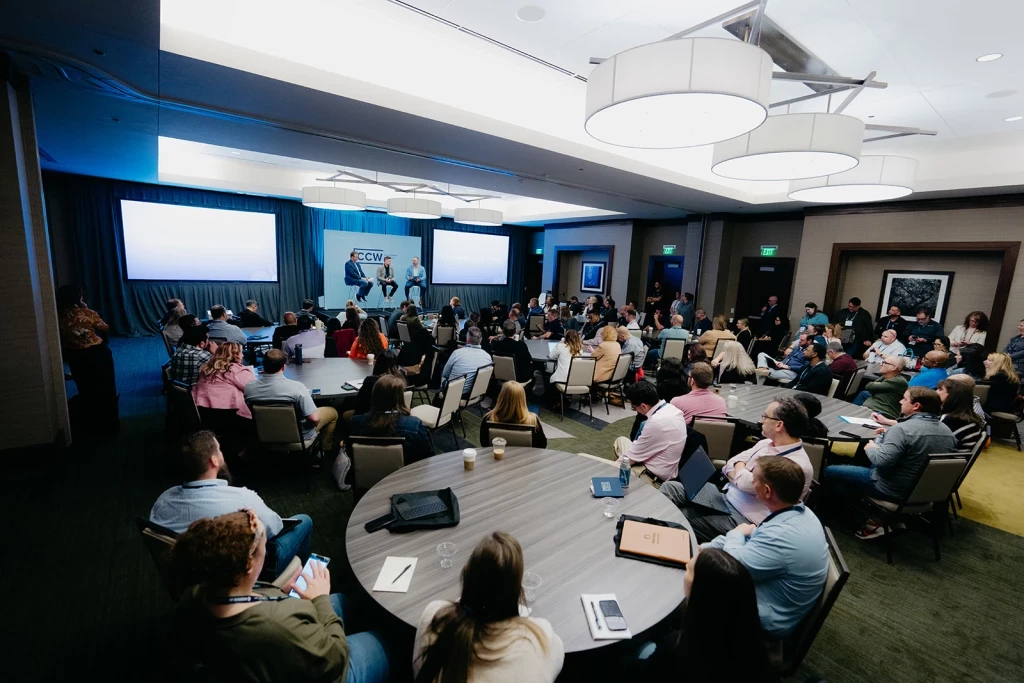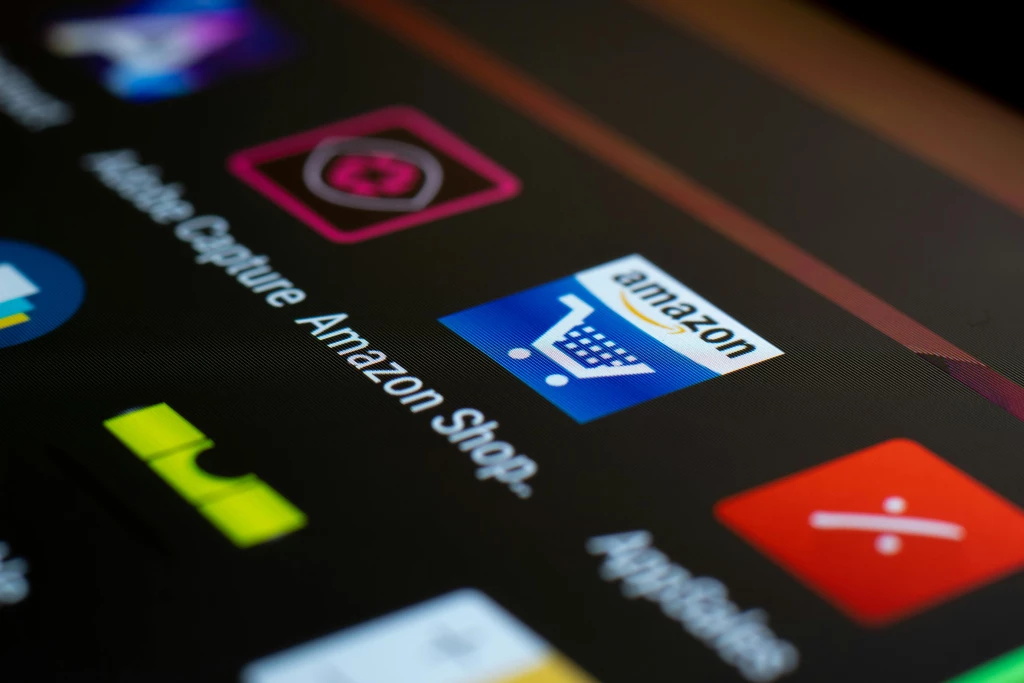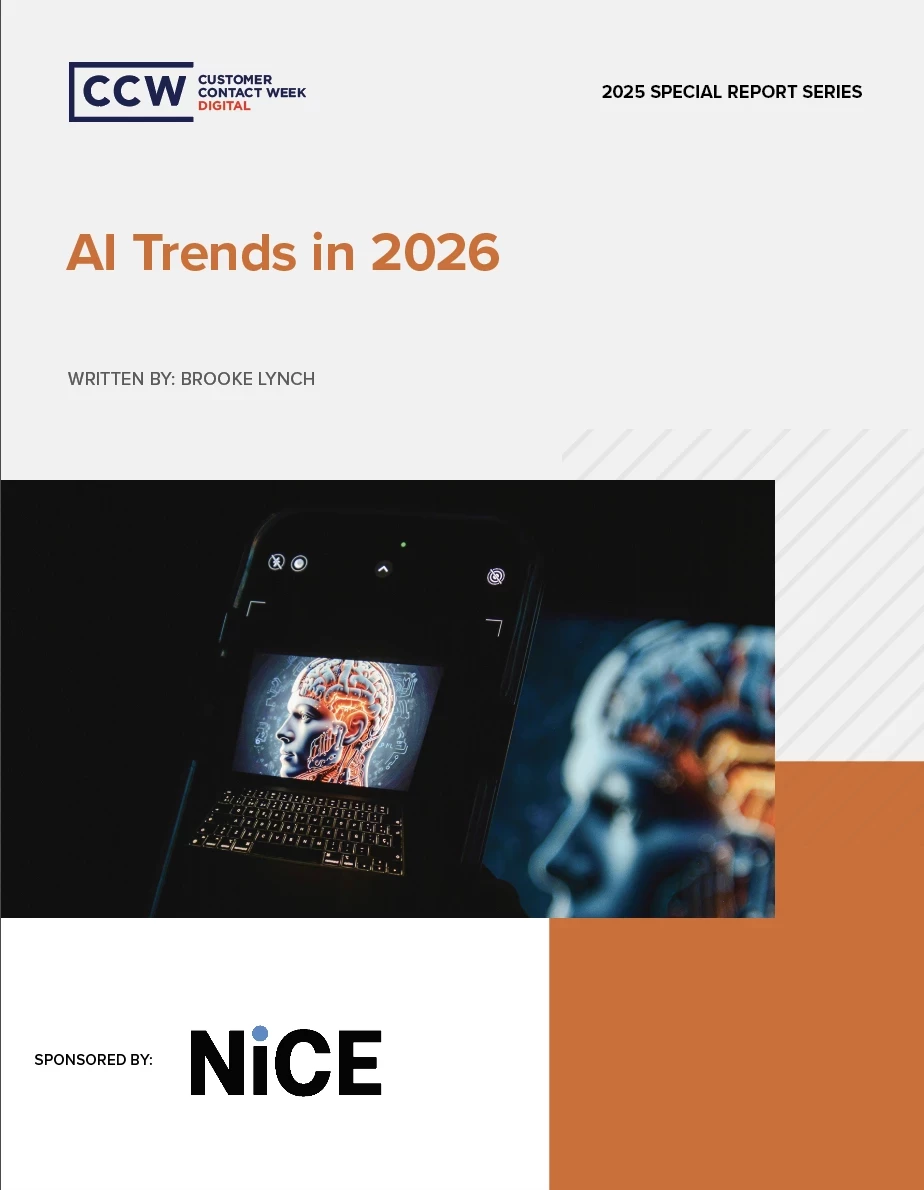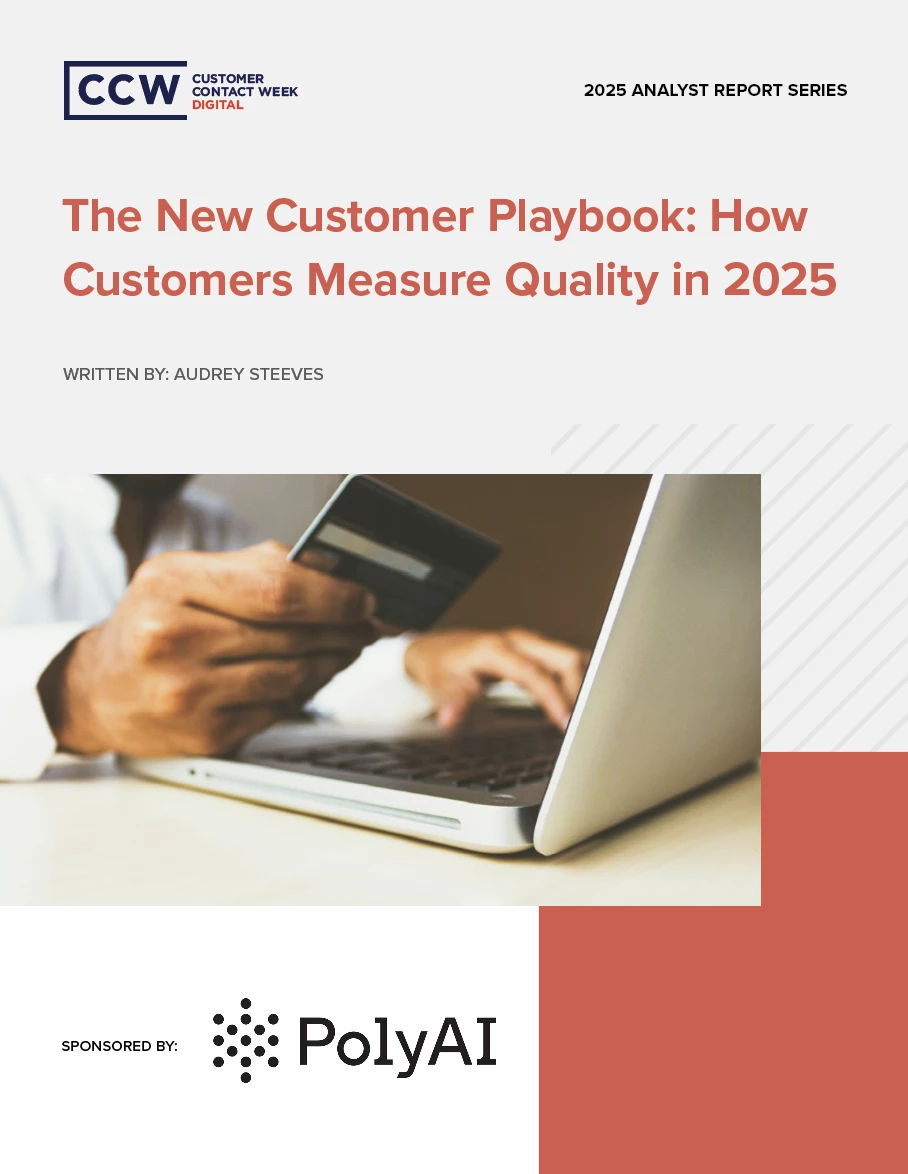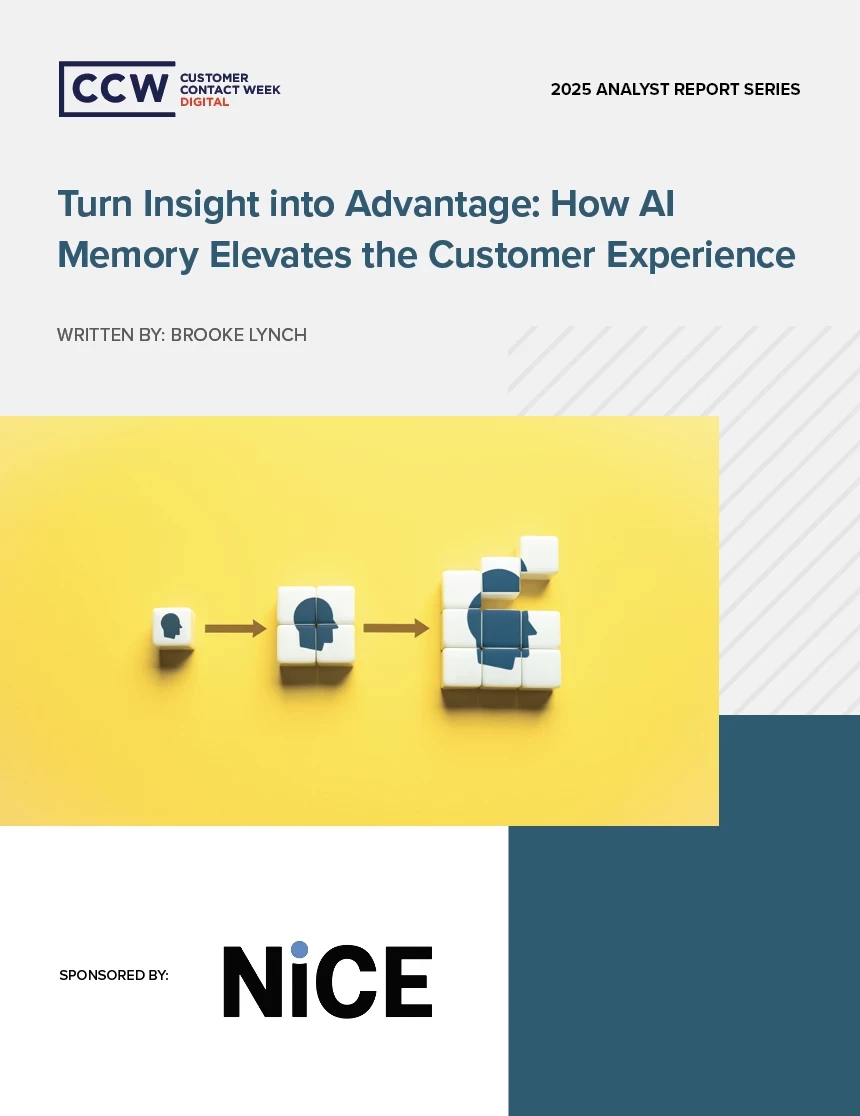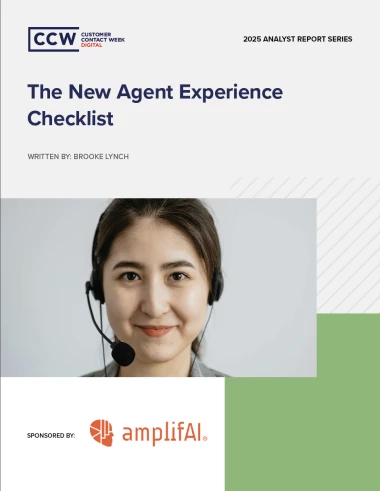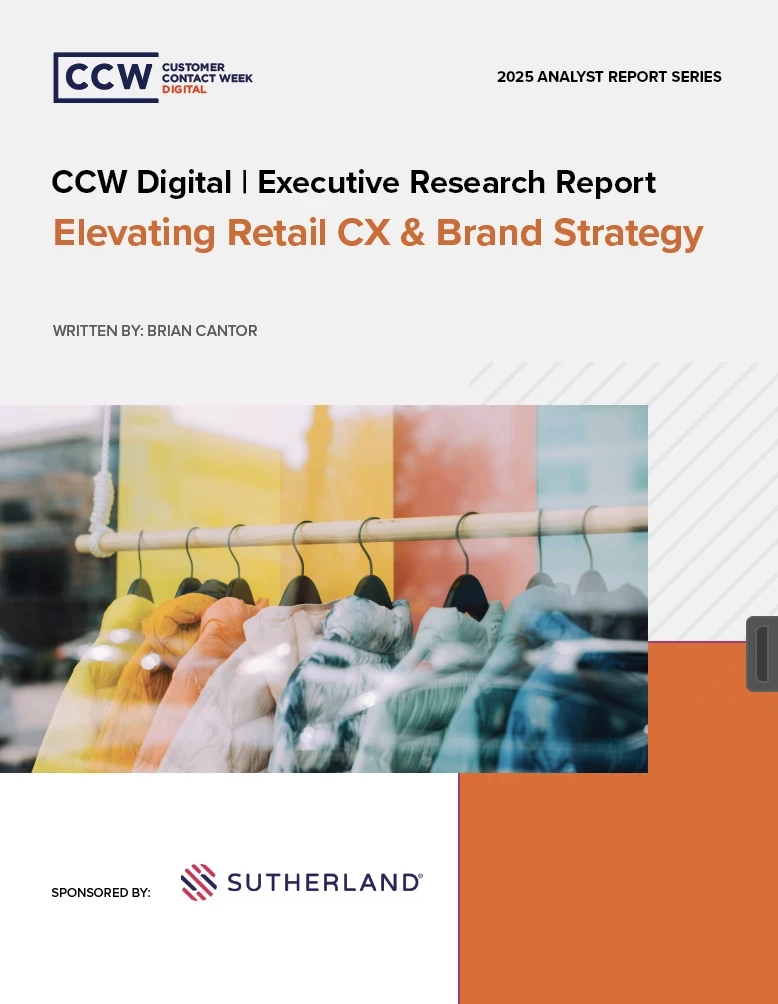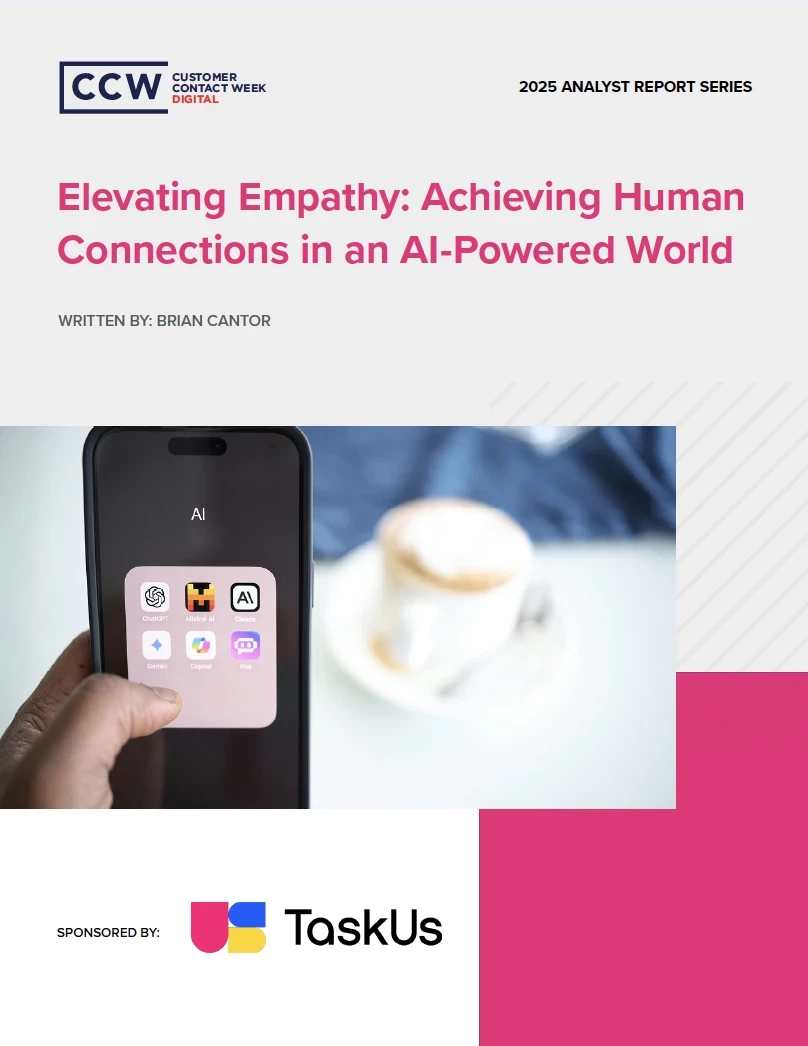The Most Effective Ways to Celebrate Women’s History Month
And Options to Celebrate Women Everyday
Add bookmark
When I was in elementary school, I remember spending days and weeks learning about Amelia Earhart, Eleanor Roosevelt, and Maya Angelou. In middle and high school we got into specifics, studying units about the women’s suffrage movement and the history of women in the workplace. In college, entire semesters were dedicated to learning about gender studies with courses like “Women in Fiction” and “All About Eve” (a class dedicated to studying the depiction of women in religious texts).
After the school years ended, I no longer had the structured time to study and celebrate gender equality. While I have time for independent research, it is now up to companies and brands to create a unifying voice around the cause during March, Women’s History Month.
While not every brand answers the call, many do. There are a range of ways to participate and bring awareness to the many women that contribute to your business or industry on a daily basis. Here are four brands that celebrate women in March (and every month after that) uniquely.

Ford
Ford recently released a commercial in celebration of international women’s day. The commercial starts out like any other promotion: Ford has created a new product perfectly suited to its customers' needs. This time, their target customer is announced to be men.
Within seconds, however, it becomes obvious the commercial is a joke: what individual wants a car with no windshield wipers, rearview mirrors, or GPS system? Do men prefer to drive without these amenities?
No, no one does. But these were all features designed by women. Features that, without women, would either not exist or look a lot different.
Ford’s commercial is aimed to bring awareness to the women who made the automotive industry what it is today. Ford didn’t donate a portion of their proceeds to activist groups, didn’t make a bold announcement about how they’re closing the pay wage gap at its company, or make any other drastic changes to its business model. They did get people talking, though. Which, for many feminist topics, is half the battle.

Betty Buzz
Drinkers and non-drinkers alike are fans of Betty Buzz—the non-alcoholic mixer brand started by actress Blake Lively.
Lively could have put herself in the spotlight to celebrate International Women’s Day: she’s a female founder, entrepreneur, and mother of three with another on the way. She is absolutely someone to be celebrated. What she decided to do instead, however, was to give another organization the spotlight: Grameen America.
Throughout the month of March, 2% of all Betty Buzz proceeds will go to Grameen America, a company “dedicated to helping entrepreneurial women who live in poverty build businesses to enable financial mobility.”
By donating a portion of its proceeds to this nonprofit, Betty Buzz highlights the charity, encourages consumers to learn about the work it is doing, and declares its support for the organization. Betty Buzz is going to be giving up 2% of its online sales this month and will get (as far as I know) nothing in return— it is simply an act to support women during Women’s History month.

The Female Quotient
The Female Quotient, also known as the “FQ,” states that it is a “women-owned business working with companies and conscious leaders to curate experiences, thought leadership, and solutions designed to achieve gender equality in the workplace and beyond.” The FQ’s platform hosts online events, advisory services, research projects, and more aimed at closing the gender gap.
On International Women’s Day, the FQ hosted an online event “In Celebration of International Women’s Day.” The brand held a range of panel-based discussions for hours throughout the day. Female leaders were given a platform to not only share their experiences and advice, but actively answer questions and communicate with other participants.
Kimberly Phan, the Senior Director of Measurement and Analytics at Whalar, gave incredible advice on how to decipher whether or not your company authentically supports diversity. An advocate for the abolition of stereotypes, Phan was joined by Maggie Zhang, the Senior VP of Measurement Strategy & Operations at NBCUniversal. Zhang has been the source of outrage for her success and ability to pass men, both inside and outside of the workplace, and encourages women to strive beyond this and make this success less taboo.
Natasha Pearlman, the Executive Editor for Glamour, advises that women need more than a better “work-life balance” to get to this point—women need to be put at the center of the work environment. The 9 to 5 schedule has remained somewhat the same since its inception—even though it was initially built for men with stay-at-home wives. Pearlman advocates for healing in this environment. We all have needs, she points out, and if we do not take care of them, they will become someone else’s problem.
The event had incredible speakers and worthwhile advice for listeners. For a company whose whole model is about advocating for women, they did an incredible job making International Women’s Day extra special.

Moms First
Previously known as the “Marshall Plan for Moms,” Moms First was developed by Reshma Saujani, the founder of the well-known organization Girls Who Code.
Saujani is a mom, an author, a wife, and a CEO. Somehow, with all these responsibilities, she finds time to advocate for policies to support moms both in and out of the workforce.
Moms First aims to make changes in the workplace, in our culture, and at the government level to better support mothers at every stage of life. International Women’s Day and Women’s History Month are every day and month at this organization—the hustle for gender equality never stops.
Below are just a few goals of the Moms First campaign:
- A National Business Coalition for childcare: Moms First boasts “A first-of-its-kind coalition to make providing child care benefits the norm for US employers, and to dramatically increase the number of American workers with access to these supports.” Mothers have extra responsibilities, but these responsibilities do not have to follow them to the workplace.
- Dads (and men) take on a greater role in caregiving: #DadsDoingDropoff is a movement that began on Father’s Day to celebrate men taking on caregiving responsibilities. Though school drop-off is only a piece of the puzzle, it can be a daily burden that is put entirely on the mother.
- A cure for “Mom Guilt”: Though Mom Guilt can feel incurable, it doesn’t have to be that way. Moms First says this is why it is “working hard to give moms the treatment they deserve, like affordable child care, paid family leave, and equal pay for moms” – things that are, unfortunately, not yet the standard.
- Paid and medical leave protections: Care for moms starts before they become one. Women need adequate medical care (and time to receive the necessary medical protection). Once their children are born, they need child care. Without childcare, they can’t work because taking care of a child is a full-time job.
These lofty goals are not even the entirety of what Saujani’s team hopes to accomplish in the next few years. By tackling these issues head-on and treating every day like it's International Women’s Day, however, they can get it done.

Learning about and celebrating women shouldn’t end when school does. There are numerous ways your company can support women this Women’s History Month. There are ad campaigns, donations, online events, and even entire foundations that have paved the way for you; all you have to do is take the first step.
Let us know how you’ve been celebrating National Women’s History Month at ccwomen@cmpteam.com
Images (in order of appearance)
Photo by Joel Muniz on Unsplash
Photo by Philip Stieber on Unsplash
Photo by Katherine Sousa on Unsplash
Photo by Amy Hirschi on Unsplash
Photo by Sai De Silva on Unsplash
Photo by Vasily Koloda on Unsplash









